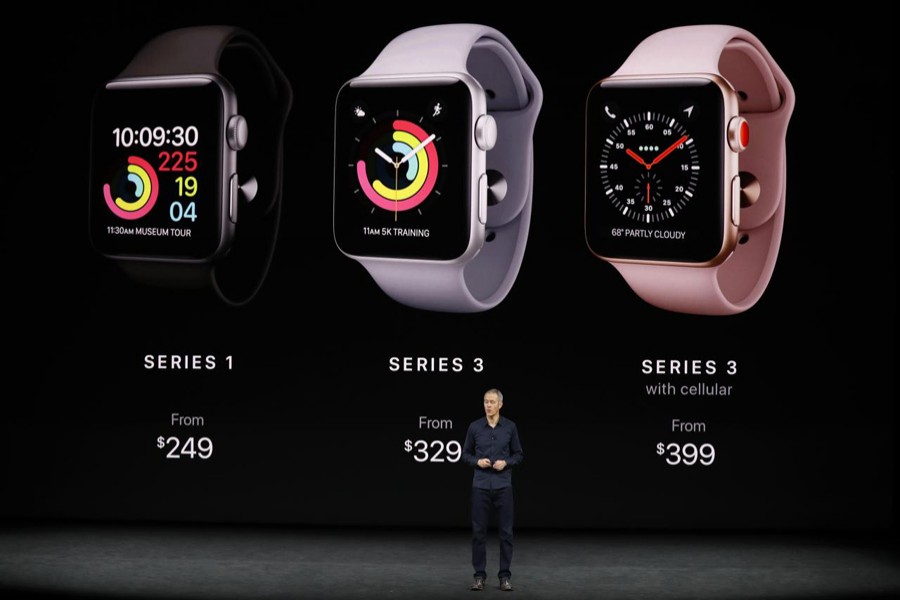With sensors that can collect data on body movements, heart rate, blood pressure and other metrics, the list of health trackers that go beyond activity trackers like Fitbits gets longer each year.
"There's definitely an explosion of these things," says Dr Joseph Kvedar, the vice president for connected health at Partners HealthCare in Boston, and an associate professor of dermatology at Harvard Medical School.
Some of these devices will lead to a better health care system, Kvedar predicts, with cheaper, more efficient care. But that will take separating useful devices and data from superfluous ones — no easy task. And not everyone believes the changes that personal health trackers are bringing will be good. The clinical accuracy and privacy of many devices remain unproved, according to a global media report.
"In a practical sense the implementation of this is still quite problematic," says Lukasz Piwek, a data scientist at the University of Bath in the United Kingdom.
Still, that recent developments have made personal health tracking more powerful is undeniable, even to skeptics.
According to a report by BBC earlier in May 2017, most fitness trackers are good at measuring heart rate but poor at measuring calories burned, a study suggests.
As a result, people should be cautious about using them to judge what to eat, Stanford University scientists said.
The study recommended that companies release data showing how their devices work out measurements.
The accuracy of seven wrist devices were tested during that time while 60 volunteers were asked to walk, run and cycle.
Researchers found that six out of seven of the fitness devices were good at estimating the heart rate of the person wearing it, with an error rate under 5 per cent.
They were the Apple Watch, Fitbit Surge, Basis Peak, Microsoft Band, PulseOn and Mio Alpha 2 - but the Samsung Gear S2 had the highest error rate of 6.8 per cent.
"The accuracy is getting better, Piwek says. "Maybe two or three years ago it was more a problematic issue." The machine learning algorithms are getting better at picking out complex patterns from the noise, he says.
One such algorithm, according to Piwek, may be the Sleep Number's "smart bed" technology. There are sensors embedded throughout the mattress.
"The sensors detect any motion of your body," says Pete Bils, Sleep Number's vice president of science and research. "When your heart beats, your body actually presses on the mattress and we pick that up," he says. "When you breathe, your chest moves and we pick that up."
The bed sends these and other data to a Sleep Number computer, Bils explains, where an algorithm crunches the numbers and sends you a smartphone alert on "how well" you slept.


